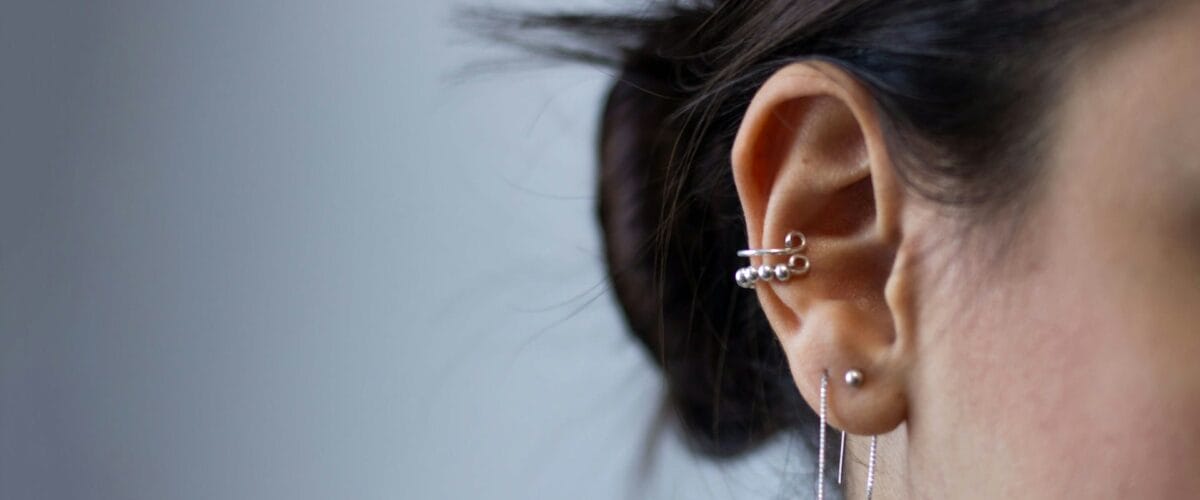Culturally, there has always existed a bit of an oscillating gap between reality and our perception of it. But these days, that gap seems to have been stretched so thin that it’s rapidly approaching the snapping point . . . and, no doubt, it’s going to leave a mark when it does. It’s as if our collective perception of reality has decided that reality is just an antiquated concept in desperate need of an upgrade, and post-modernity knows exactly what it needs. Which is why a virtualized meta-verse version of reality is quickly becoming the preferred state-of-the-art alternative to living in the real world.
We are all subject to the temptation of confirmation bias – wanting to see the world the way we imagine it should be. In the past, for the most part, we’ve been constrained by the relentless, immovable persistence of the true nature of existence to impose itself on us – forcing us to adjust our biased perceptions. But it would seem that we’ve reached a cultural tipping point of choosing to close our eyes to anything that doesn’t confirm our bias – like an elective intellectual blindness to any reality that may offend our understanding of the world.
And it’s this perpetuated offense over anything or anyone insisting that reality can’t simply be ignored that has come to shape much of the content of our public discourse. It’s a conversation where language itself is being tortured into conformity with the preferred unrealities of our culture’s redefining of everything. So our basic impulse to speak rationally and reasonably to the obvious cognitive dissonance ends up being dismissed as irrelevant, if not declared to be hate speech. Ironically, when the whole world goes blind, those with eyes to see become culturally anathema . . . and therefore need to be bullied into closing their eyes.
This is the post-modern ethos – you should only see what you want to see, and everything else is a form of oppression, chaining you to an antiquated understanding of your own existence, keeping you from your authentic self. It is a solipsistic insistence that we all self-exist as whoever and whatever we imagine ourselves to be . . . as if we could somehow escape our own contingently contextualized existence. Is this not the willful blindness and vain imagining that Romans 1: 18-22? “. . . they became futile in their thinking, and their foolish hearts were darkened.” (verse 21).
It is my faith confession that I am fearfully and wonderfully made. It is a confession that places me on solid ground of the truth of my existence and contextualizes me within all of creation as the beloved of God . . . and it is this very truth that illuminates everything else. This allows me to unreservedly confess my brokenness, knowing that the God who redeems all things has not only forgiven me but is actively conforming me to Christ’s image – so that I might become my authentic self . . . remade for His glory. Because the only ontological truth that makes sense to me is the one that places God at the center of all things.
. . . And there’s nowhere I can go that God’s love won’t find me.




















[…] Open the full article on the kingdomwinds.com site […]